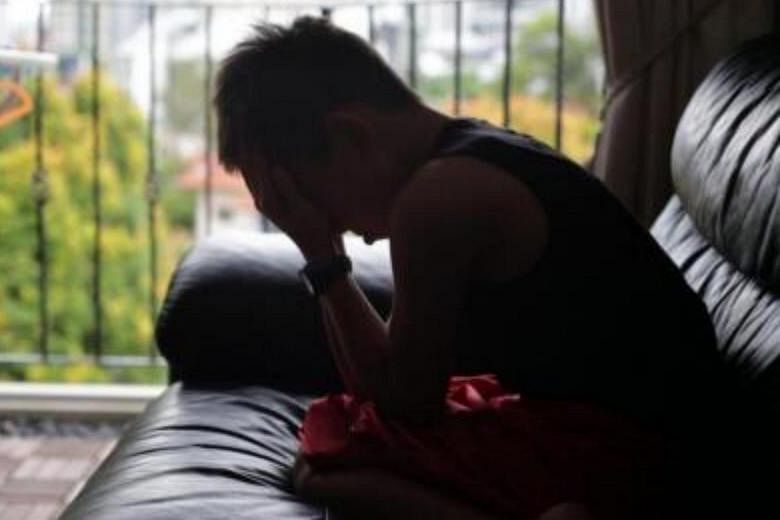SINGAPORE - The "loose ascribing" of mental health conditions to people who knowingly flout Covid-19 safe management measures is "concerning" and threatens to deepen the stigma of mental health conditions, said Mr Masagos Zulkifli.
Speaking at the virtual Singapore Mental Health Conference 2021 on Tuesday (Aug 24), Mr Masagos, who is Second Minister for Health and Minister for Social and Family Development, acknowledged that those who knowingly flout the rules may or may not do so as a result of mental health conditions.
But he said: "By correlating such acts with being mentally unwell, it does not only trivialise the matter, but also reveals a lack of awareness, threatening to deepen the stigma of mental health conditions further. We can certainly do more to raise mental health literacy."
He also noted that humans are naturally social creatures, who treasure their daily social interactions.
"From our loved ones and friends, neighbourhood stallholders whom we frequent, to acquaintances and familiar faces whom we recognise in our community - when Covid-19 struck, physical social interactions like these were largely put to a halt," he said.
This was the result of a difficult trade-off the country had to make to save lives, said Mr Masagos, but it also led to the risk of social isolation for people here.
"Compounded with increasing anxieties from catching the virus as well as financial stressors arising from disrupted livelihoods, these had knock-on effects to well-being," he said.
He cited a study by the Institute of Mental Health which found that between May 2020 and June this year, about 13 per cent of the general population reported experiencing symptoms of depression or anxiety.
The pandemic has also resulted in some experiencing a state of low mental well-being, and feelings of stagnation and emptiness, said Mr Masagos.
This has been termed "languishing" - a lack of motivation and focus even though there are no symptoms of mental health conditions present, he said.
"It is not a trivial matter, because languishing has been reported to be a risk factor for the development of mental health conditions. This is an issue of concern, fuelled by the ongoing pandemic," he said.
Noting that the Government has already taken several steps to address mental health issues brought about by the pandemic, Mr Masagos said: "The pandemic will be with us for some time. We will have to continue to adapt the way we respond to it and how we go about our lives."
There is a need to adopt a long-term approach in addressing the psychological aspects of Covid-19's impact on mental health, he said.
Additionally, technology can be harnessed, to provide mental health support through the use of telehealth, said Mr Masagos.
He added: "Let us work together, across all parts and levels of society, to actively steward the mental well-being and health of our nation - because we cannot do this alone."
Getting help
National Care Hotline: 1800-202-6868 (8am - 12am)
Mental well-being
Fei Yue's Online Counselling Service: eC2.sg website (Mon to Fri, 10am to 12pm, 2pm to 5pm)
Institute of Mental Health's Mental Health Helpline: 6389-2222 (24 hours)
Samaritans of Singapore: 1800-221-4444 (24 hours) /1-767 (24 hours)
Singapore Association for Mental Health: 1800-283-7019 (Mon to Fri, 9am to 6pm)
Silver Ribbon Singapore: 6386-1928/6509-0271 (Mon to Fri, 9am to 6pm)
Tinkle Friend: 1800-274-4788 (Mon to Fri, 2.30pm to 5pm)/ Tinkle Friend website (Mon to Thu, 2.30pm to 7pm and Fri, 2.30pm to 5pm)
Counselling
TOUCHline (Counselling): 1800-377-2252 (Mon to Fri, 9am to 6pm)
Care Corner Counselling Centre (Mandarin): 1800-353-5800 (Daily, 10am to 10pm)


